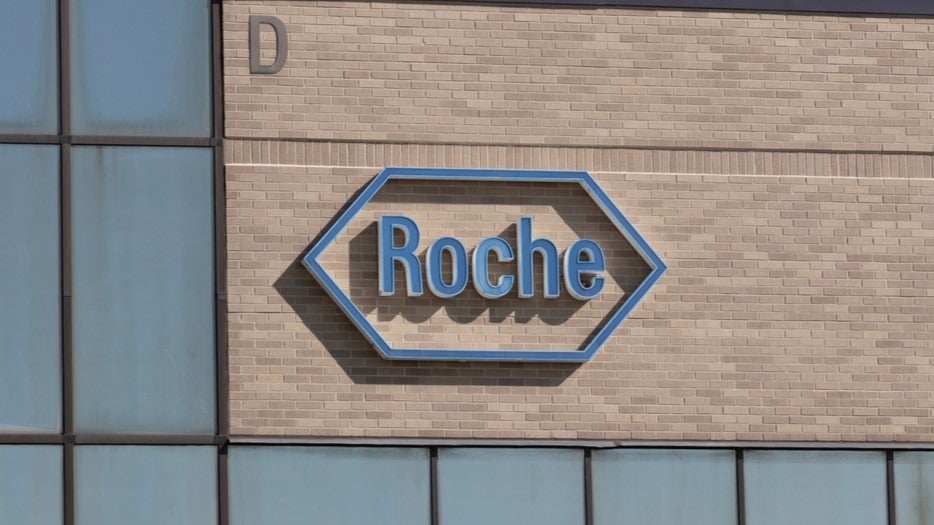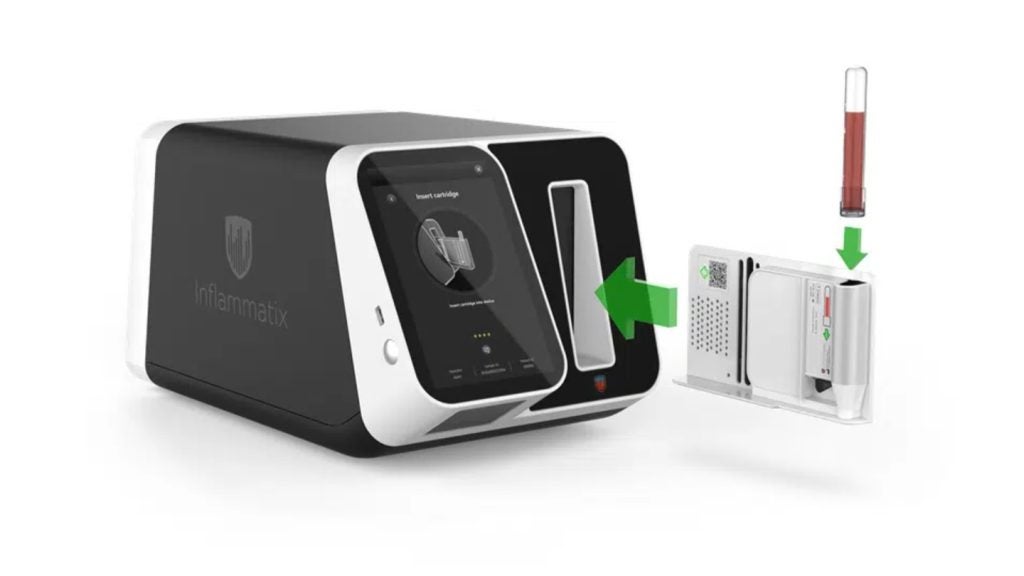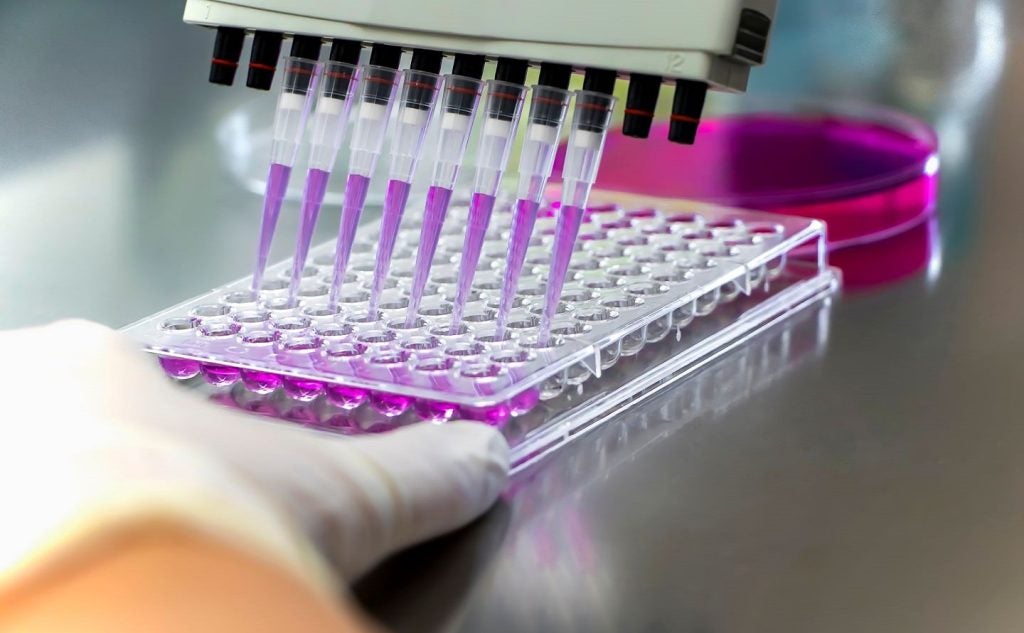Roche has launched the automated Elecsys Anti-HEV IgM and Elecsys Anti-HEV IgG immunoassays for detecting hepatitis E virus (HEV) infections in CE mark-accepting countries such as the European Union countries.
Hepatitis E is the inflammation of the liver caused by HEV. It is common in low and middle-income countries with limited access to essential water, sanitation, hygiene, and health services, as per the World Health Organization (WHO).
Hepatitis E is not clinically indistinguishable from other viral hepatitis and can only be diagnosed by detecting specific anti-HEV immunoglobulin M (IgM) antibodies to the virus in a person’s blood.
Elecsys Anti-HEV IgM immunoassay detects the presence of IgM antibodies to HEV in human serum and plasma. It can be used to detect acute or recently acquired HEV infection. Elecsys Anti-HEV IgG provides the levels of IgG antibodies to HEV in human serum and plasma. It can be used to detect a recent or past HEV infection.
As per WHO, 20 million HEV infections occur worldwide every year and 3.3 million of these result in symptomatic hepatitis E. To address this growing prevalence of hepatitis E, WHO has added three in vitro HEV tests to its 2023 Essential Diagnostics List. One of these three tests is Elecsys Anti-HEV IgM.
The in vitro diagnostics market is expected to grow to be worth $38.5bn in 2030, as per a GlobalData market model. The infectious disease in vitro diagnostics market subsection is expected to be worth $14.2bn in the same period.
The automated immunoassay is more time efficient and requires smaller sample volumes compared to the manual counterparts. The Elecsys test provided results within 18 minutes.
Roche Elecsys's portfolio also includes a neurofilament light chain (NfL) test for diagnosing multiple sclerosis test, interleukin 6 (IL-6) immunoassay for diagnosing neonatal sepsis, and beta-Amyloid (1-42) CSF II (Abeta42) and Elecsys Total-Tau CSF (tTau) assays for diagnosing Alzheimer’s disease.
















